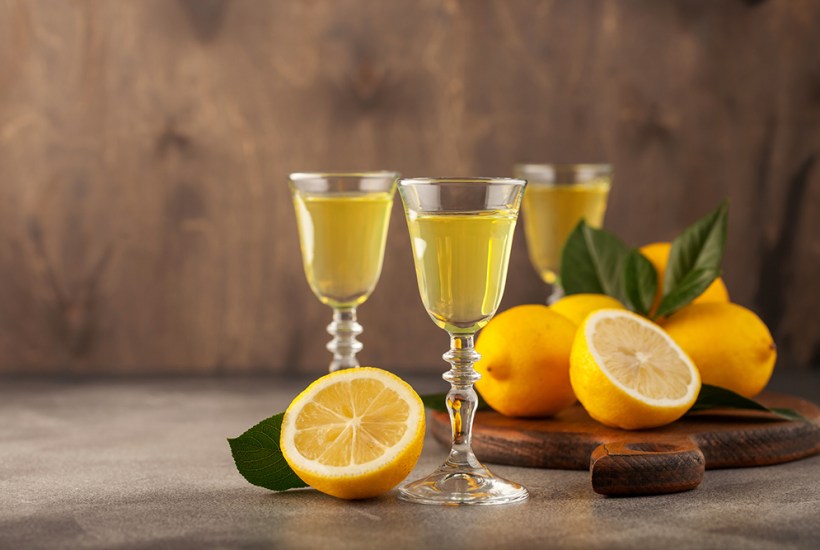Consider the paradox of lemons. In Italy, one associates them with scented groves. A few years ago, Helena Attlee wrote the book The Land Where Lemons Grow, in which citrus fruits become a golden thread running through the history of Italian agriculture. Yet though the lemon is arguably the most beautiful of fruits, its tart taste is bracing.
Already a subscriber? Log in
Subscribe for just $2 a week
Try a month of The Spectator Australia absolutely free and without commitment. Not only that but – if you choose to continue – you’ll pay just $2 a week for your first year.
- Unlimited access to spectator.com.au and app
- The weekly edition on the Spectator Australia app
- Spectator podcasts and newsletters
- Full access to spectator.co.uk
Or
Unlock this article
You might disagree with half of it, but you’ll enjoy reading all of it. Try your first month for free, then just $2 a week for the remainder of your first year.









Comments
Don't miss out
Join the conversation with other Spectator Australia readers. Subscribe to leave a comment.
SUBSCRIBEAlready a subscriber? Log in